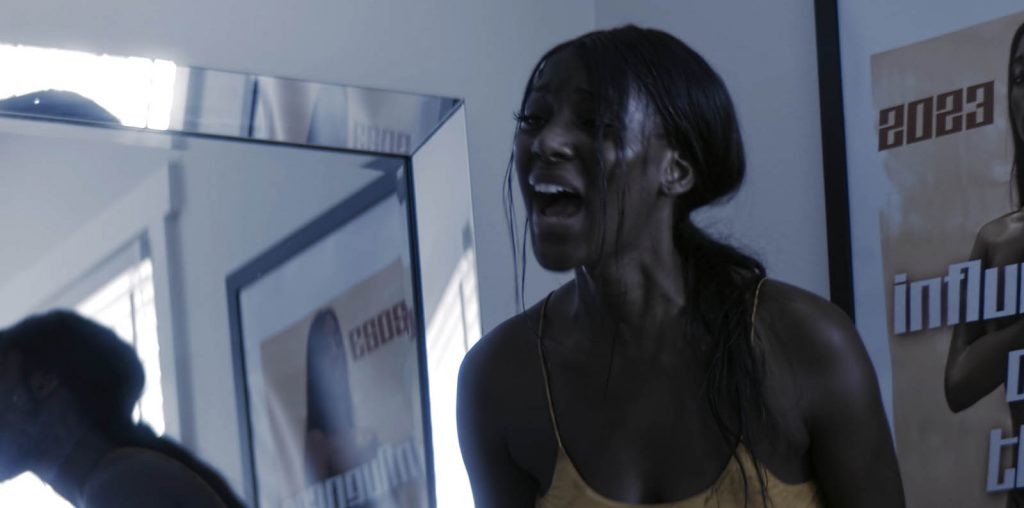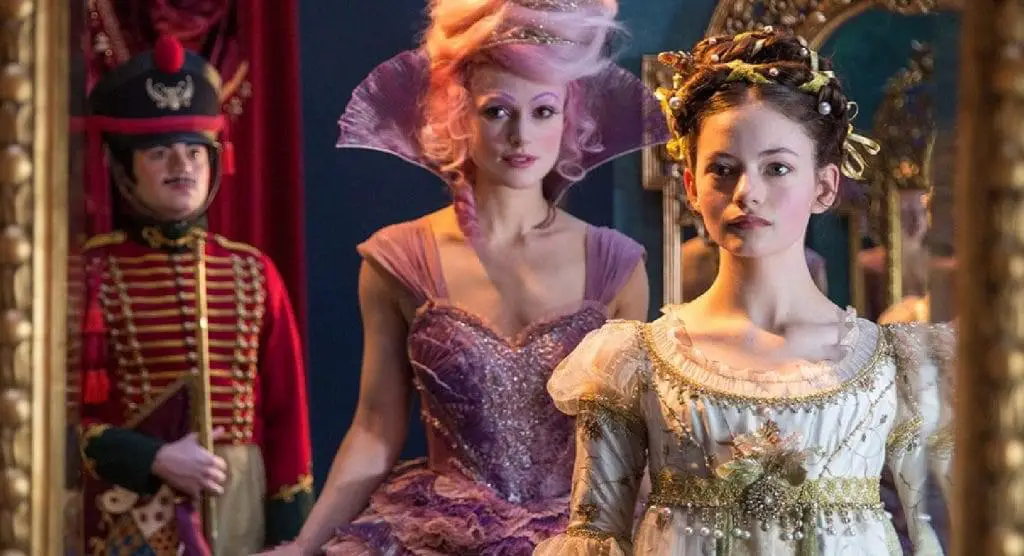
Like a Food Network production of “Lady Chatterly’s Lover,” the latest from director Luca Guadagnino depicts the awakening of a repressed aristocrat’s appetites through her discovery of the pleasures of gourmet cuisine and great sex. The lady in this case is Emma Recchi and she is brought to vivid life by Tilda Swinton in perhaps the most extraordinary performance of her considerable career.
In fact, I think the time has come to say it: Tilda Swinton is the new Meryl Streep. Can anyone of her generation claim to match the depth, breadth and diversity of the characters the Oscar-winning actress has created over the course of the past quarter century or the consistent intelligence she’s brought to every part, large and small?
For her role as the Russian born wife of a wealthy Milanese industrialist, Swinton didn’t just learn to speak fluent Italian––she learned to speak fluent Italian with the hint of a residual Russian accent. Early on she presides over preparations for a lavish family gathering with the chilly precision of a military strategist. The setting is the Recchis’ magnificent villa; the occasion, the birthday of the powerful clan’s aging paterfamilias, Edoardo Sr. (Gabriele Ferzetti), who makes a surprising announcement: He has decided to retire and turn his empire over to his son, Tancredi (Pippo Delbono)––not so surprising––and his grandson, Edo (Flavio Parenti)––bombshell.
“It will take two men to replace me,” he declares only half jokingly after announcing that he doesn’t want to die and never will because he’ll live on in the Recchi business. Fast forward a few months. The old man has passed away and his son, Emma’s humorless husband, is already well into a deal to unload the enterprise. Her son, Edo, doesn’t appear interested in the family business’ fate. He’s too busy making plans to open a restaurant in the countryside with his new friend, a gifted chef named Antonio (Edoardo Gabbriellini).
Guadagnino’s film is not only a marvel of art direction––honestly, one of the most exquisite screen compositions you’ll ever come across––but a masterful exercise in storytelling. It would require the space of two reviews to touch on even a fraction of it’s evocative subplots and suggest the intricacy of its narrative circuitry. Hence mention here of only the the most significant plot point.
And that is the relationship which develops against all odds between Emma and the young culinary wizard. Watch closely as she for the first time samples a dish he’s prepared, a deceptively slight presentation of prawns with risotto. Her face registers surprise and then wonder and then an ecstasy which borders on the sexual. Clearly this is a man on intimate terms with pleasure and the secret pathways that wind to it.
Their passionate affair is straight out of D.H. Lawrence, complete with the breaching of class barriers and coupling al fresco. But it is interrupted by a tragic turn in the third act which is not quite worthy of this film and, in fact, feels more than a bit contrived. It’s the solitary misstep in an otherwise flawless production.
A production that boasts an embarrassment of riches, from the lush cinematography of Yorick Le Saux and superb casting to John Adams’ suitably sumptuous score (including excerpts from his operas) and Francesca di Mottola’s inspired production design. Stir in a tour de force performance from one of the cinema’s most gifted talents and you’ve the recipe for one of the year’s most delectable treats.


Tilda Swinton is the new Meryl Streep.
Gah! Niet. Nein, nein, pas du tout.
Can anyone of her generation claim to match the depth, breadth and diversity of the characters the Oscar-winning actress has created over the course of the past quarter century or the consistent intelligence she’s brought to every part, large and small?
Phew…good contextual follow-up statement. On that criteria alone, I can only think of Cate Blanchett. And yet, Cate’s performances are much more grounded. The movie’s plot can be absurd or photographed in a stylized manner, but Cate’s acting is earthy. Tilda Swinton’s characters are transcendent–even when the film’s narrative and structure are conventional.